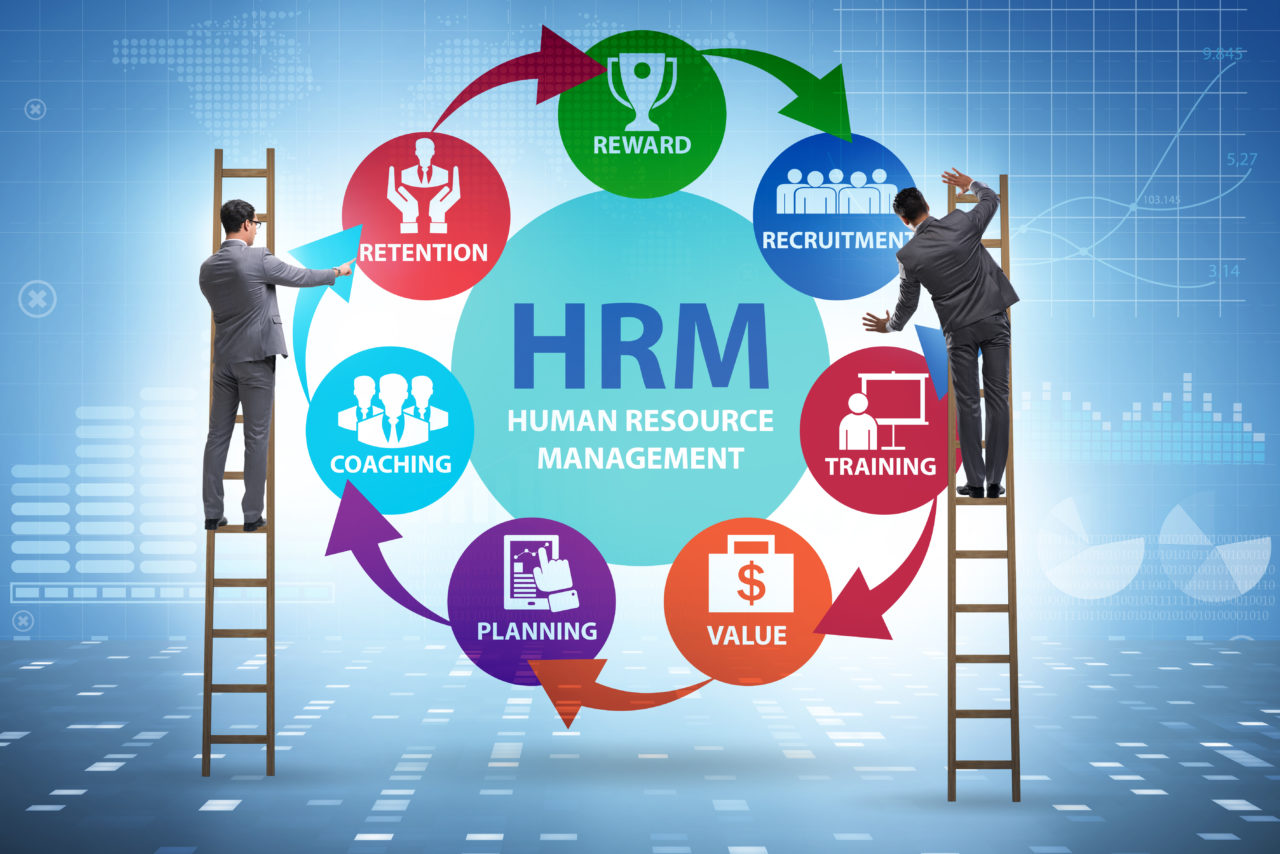Modern Human Resource Management (HRM) has evolved significantly, integrating advanced technologies, data analytics, and new management philosophies to enhance the efficiency, effectiveness, and strategic role of HR in organizations. Here are key components and trends in modern HRM:
Key Components of Modern HRM
1. Strategic HRM
Alignment with Business Goals: HR activities and strategies are closely aligned with the overall business goals to drive organizational success.
Workforce Planning: Forecasting future workforce needs and developing strategies to meet those needs.
2. Talent Acquisition and Management
Employer Branding: Creating a strong employer brand to attract top talent.
Candidate Experience: Enhancing the recruitment process to provide a positive experience for candidates.
Onboarding: Effective onboarding programs to integrate new employees into the organization smoothly.
3. Learning and Development (L&D)
Continuous Learning: Encouraging a culture of continuous learning and development.
E-Learning and Digital Training: Utilizing online platforms and digital tools for training and development.
Skill Development: Focusing on upskilling and reskilling employees to meet changing business needs.
4. Performance Management
Continuous Feedback: Moving from annual reviews to continuous feedback mechanisms.
Goal Setting: Setting clear, measurable, and achievable goals for employees.
Employee Development: Linking performance management with employee development plans.
5. Employee Engagement and Experience
Engagement Surveys: Regularly conducting employee engagement surveys to gauge employee satisfaction and identify areas for improvement.
Work-Life Balance: Promoting work-life balance through flexible work arrangements and wellness programs.
Employee Recognition: Implementing recognition and reward programs to motivate and retain employees.
6. Compensation and Benefits
Competitive Compensation: Offering competitive salaries and benefits packages to attract and retain talent.
Customized Benefits: Providing personalized benefits that cater to the diverse needs of the workforce.
Equity and Transparency: Ensuring fair and transparent compensation practices.
7. Diversity, Equity, and Inclusion (DEI)
Inclusive Culture: Promoting an inclusive culture where all employees feel valued and respected.
Diversity Initiatives: Implementing programs to increase diversity within the organization.
Equity in Opportunities: Ensuring equal opportunities for all employees.
Trends in Modern HRM
1. HR Technology and Automation
HRIS (Human Resource Information System): Using integrated software solutions for managing HR processes.
AI and Machine Learning: Leveraging AI for recruitment, talent management, and predictive analytics.
Chatbots: Using chatbots for employee queries and HR service delivery.
2. Data-Driven HR
People Analytics: Utilizing data analytics to make informed HR decisions and improve HR processes.
Predictive Analytics: Predicting future trends in employee behavior, turnover, and performance.
HR Metrics: Tracking key HR metrics such as employee turnover rate, time-to-hire, and employee engagement scores.
3. Remote Work and Hybrid Models
Remote Work Policies: Developing policies and guidelines for remote work.
Hybrid Work Models: Combining remote and in-office work to provide flexibility.
Digital Collaboration Tools: Using tools like Slack, Microsoft Teams, and Zoom to facilitate communication and collaboration.
4. Employee Well-being and Mental Health
Wellness Programs: Implementing wellness programs to support physical and mental health.
Mental Health Support: Providing access to mental health resources and support.
Burnout Prevention: Taking proactive measures to prevent employee burnout.
5. Agile HR
Flexibility and Adaptability: Adopting agile practices to quickly respond to changing business needs.
Cross-Functional Teams: Creating cross-functional teams to enhance collaboration and innovation.
Continuous Improvement: Fostering a culture of continuous improvement in HR practices.
Best Practices for Implementing Modern HRM
Leadership Commitment: Ensure top leadership is committed to modern HR practices and supports HR initiatives.
Employee Involvement: Involve employees in the development and implementation of HR programs.
Continuous Learning: Promote a culture of continuous learning and development within the HR team.
Change Management: Implement effective change management strategies to manage transitions smoothly.
Feedback Mechanisms: Establish mechanisms for continuous feedback from employees to improve HR practices.
Executive Summary:
Modern HRM is dynamic and strategic, focusing on aligning HR practices with organizational goals, leveraging technology and data analytics, and creating a positive employee experience. By adopting these modern HR practices and trends, organizations can enhance their competitiveness, attract and retain top talent, and drive overall business success.


